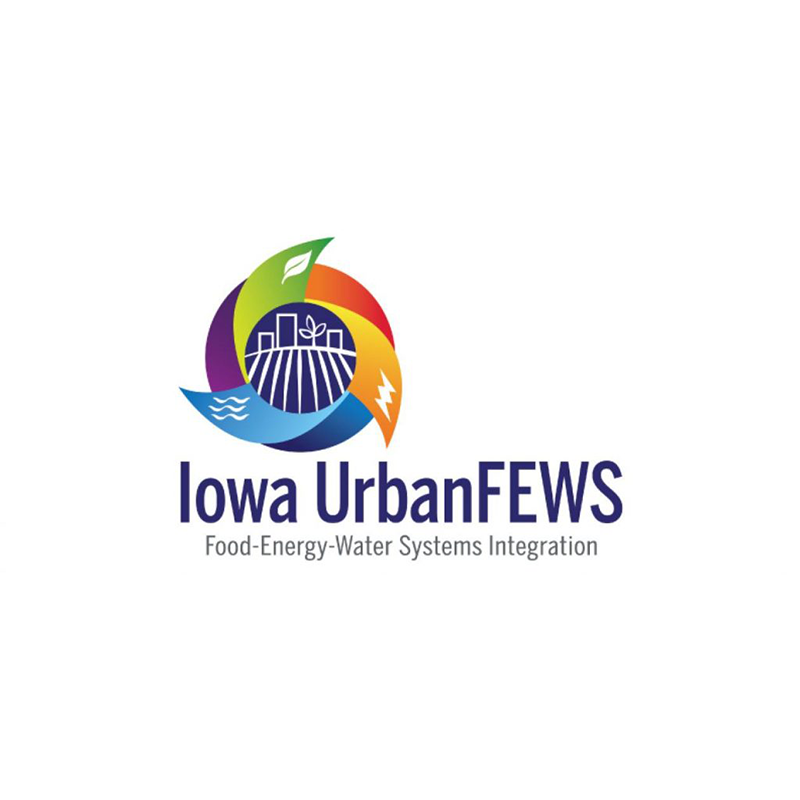Social and biophysical models to integrate local food systems, climate dynamics, built forms, and environmental impacts in the urban FEWS nexus
Systems frameworks that analyze the urban FEWS nexus have only recently been proposed. Developing such frameworks is challenging because urban FEW systems are characterized by disconnected processes for production, distribution, consumption, and cycling of food, energy, and water systems. In addition, the effects of changes in climate and land use, built forms, and their impacts on food supply, energy conservation and consumption, and environmental outcomes (e.g., water quality) are often considered in isolation. Our proposed work will address problems related to urban food systems, which alone cause 20% to 50% of human impact on the environment as a result of high population densities, heavy reliance on external food sources, and failure to recycle nutrients. To conduct robust analyses of urban FEW systems it is necessary to consider interactions within the urban system itself, as well as trans-boundary interactions with areas both adjacent to and further removed from the system. While frameworks emphasizing the biophysical elements of urban FEW systems and interactions among them have been presented, previous efforts failed to closely integrate social, biophysical, and climatic models to characterize the urban FEW system-of-systems. Urban areas are where over 50% of people in the world and 80% of people in the US live and work. Human choices drive significant changes in both social and physical landscapes, so it is imperative to integrate social dynamics in analyses of the urban FEWS nexus.

